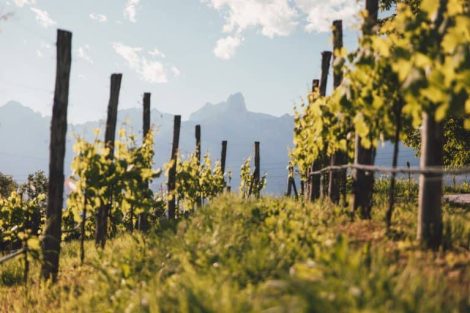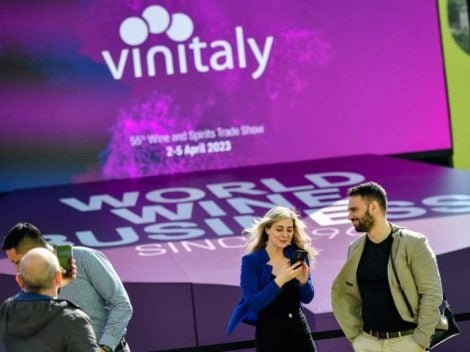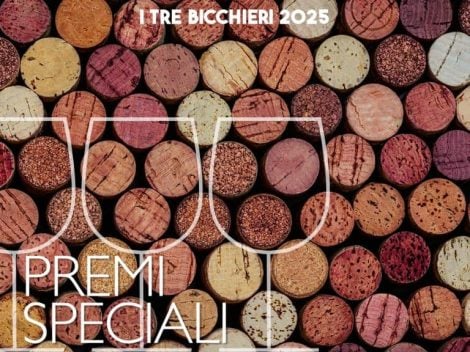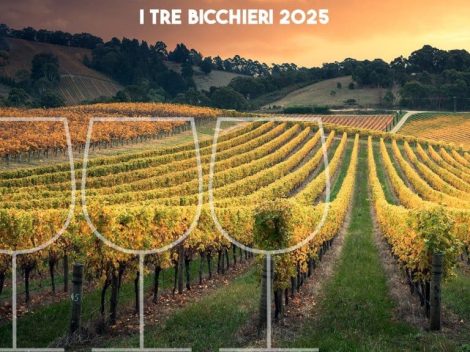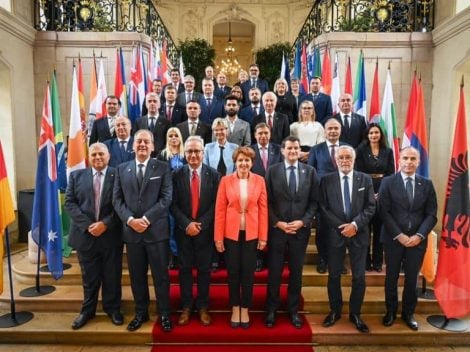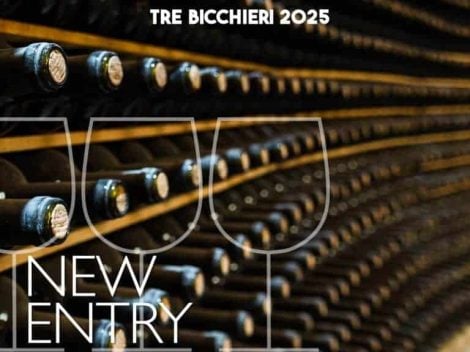by Vittorio Ferla
The fourth edition of "Oltrepò – Land of Pinot Nero, a Territory, a Grape, Two Excellences" (30 September) marked a turning point for the denomination with the official debut of the new Consortium Director Riccardo Binda and President Francesca Seralvo. A new team that begins a path of renewal based on the supply chain, quality, and transparency. However, this change has sparked controversy after the departure of bottlers’ representatives from the board, including Quirico Decordi of Vinicola Decordi. We discussed the challenges facing Oltrepò and the new phase of the consortium with Umberto Callegari, CEO of Terre d'Oltrepò, which brings together the region's oldest cooperative experiences. Founded in 2008 from the merger of Cantina di Casteggio (1907) and Cantina Sociale Intercomunale di Broni (1960), it acquired La Versa, a historic brand founded in 1905, in 2017. His vote was decisive in giving voice to supply chain producers on the board and choosing Seralvo as the leader.

Umberto Callegari, CEO of Terre d'Oltrepò
We’ve seen months of controversy regarding the governance change in the consortium. How do you respond?
The controversies come from those who always controlled the situation. Bottlers work with a 2.5% EBITDA, while successful supply chain companies range from 15 to 33%. Economically, there is no debate—the integrated supply chain is the way forward. In recent years, some have taken advantage of the bulk wine model, but today, in Oltrepò, land values are around 20-25 thousand euros per hectare, whereas in Valtellina it reaches 70 thousand euros per hectare. If this is the operational model, it's essential to change it.
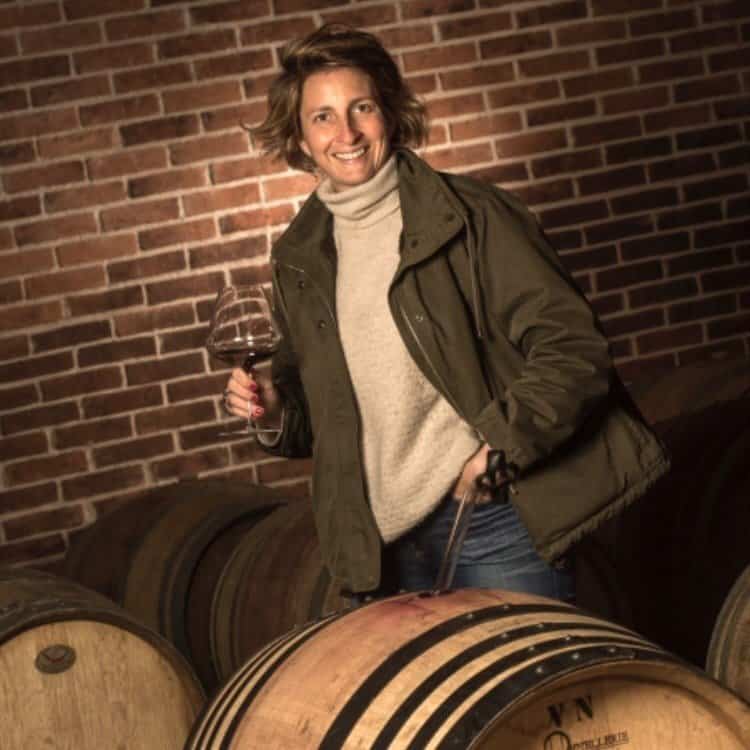
The president of the Oltrepò Pavese Consortium, Francesca Seralvo
How should it change?
As cooperatives, our goal is to support an integrated wine supply chain model. The other model hasn’t benefited Oltrepò. This is not a political issue; it’s an economic one: we need higher margins.
Some accuse: the new presidency answers to you. Just slander?
Controversies, rumours, lack of transparency: all of this needs to be eliminated. Francesca Seralvo represents the best of Oltrepò. She is a competent woman with a positive image. Some accusations are absurd.
What has been the problem with Oltrepò Pavese until now?
The absence of scale economies. Cavit, for example, is one of the most important Italian wine companies by turnover, yet it’s still small in the international context.
So?
Italy has never created a unified system: we have great craftsmanship and many excellences, but "Made in Italy" remains a linear sum. What’s missing is the squared multiplication of connected users. France and the United States have a more systemic approach: every individual producer is helped to compete thanks to systems that add value.
Especially in Oltrepò?
We lack managerial skills; we are still too artisanal. People hide behind the uniqueness of the wine world, but in the end, there's always the challenge of business and managerial management. The wine world may be fascinating and fun, but you still need to increase profitability; agricultural management alone is not enough.
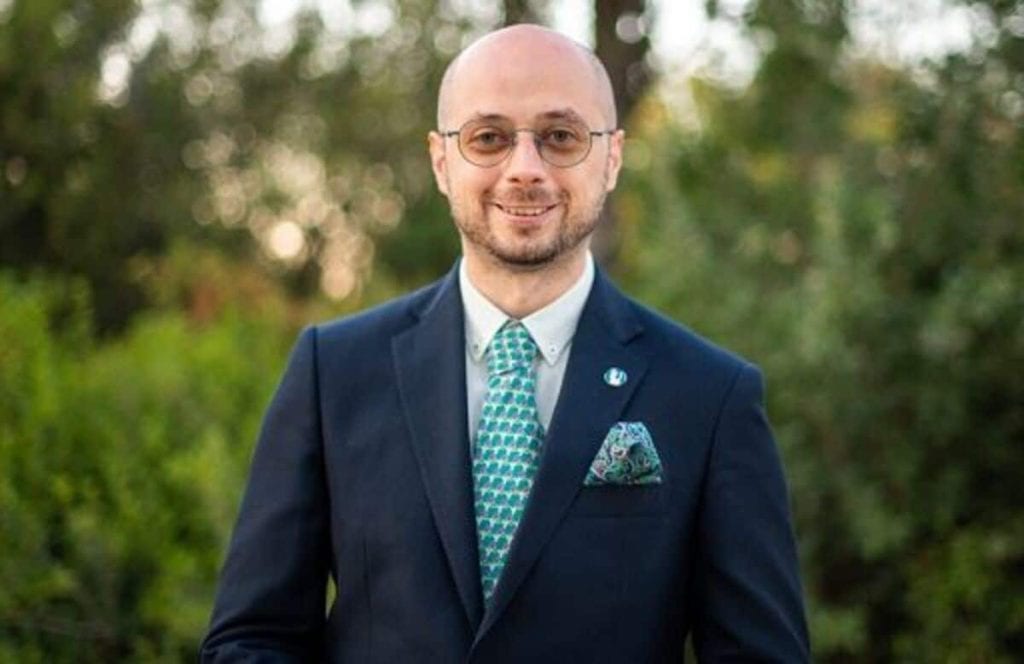
Riccardo Binda, the newly appointed director of the Oltrepò Consortium
Was this the weakness of the previous management? Did you replace Carlo Veronese due to a lack of managerial skills?
Veronese is a serious professional, but if you want to change the model, you need to change the people too. If you’re a football team and want to change the way you play, you have to change the coach.
And you had a role in choosing the new coach/director…
I met Riccardo Binda in Milan: I look at competence. Oltrepò is a matter of leadership and competence. Riccardo Binda was chosen because he successfully transformed an important territory like Bolgheri. The Italian mentality, unfortunately, is to pretend to change without changing anything.
A change orchestrated under the guidance of a cooperative like Terre d'Oltrepò…
Yes. We rejected the logic of bulk wine and pushed for a board composed entirely of supply chain producers.
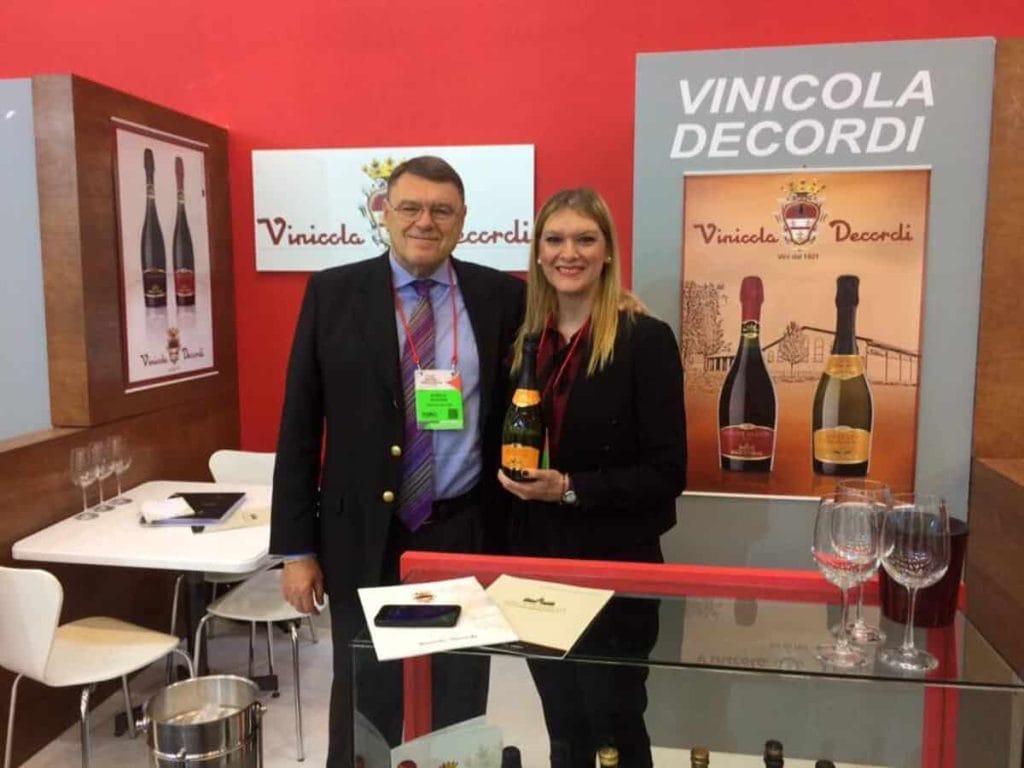
Quirico Decordi of Vinicola Decordi
Is this an attack on the bottlers?
No, but the business model based on high volumes and low prices is wrong and must be overcome. For example, continuing to overproduce wines like Bonarda that don’t generate margins damages the region. I reviewed the financials of La Versa, a historic winery of Oltrepò (founded in 1905, began exporting worldwide in the 1930s, and after a crisis at the end of the last century, was acquired by Terre d’Oltrepò in 2019, ed.): in 1989, it had a turnover of 34 billion lire, a lot of money for that time. And Casteggio was one of the wealthiest areas of Italy. Then the bulk wine model arrived, and the results are clear for all to see. There’s no conspiracy against the bottlers: it’s just time for a change. But some resist it.
And can this change come from cooperatives?
I come from management experiences with companies like Microsoft, Accenture, and Deloitte. Since I became CEO of Terre d'Oltrepò, I’ve worked to build an advisory board that few other companies can boast: great managers from important backgrounds, all from this area, who have offered their expertise to help the region. We’ve built credibility, and we believe change is necessary: now or never.
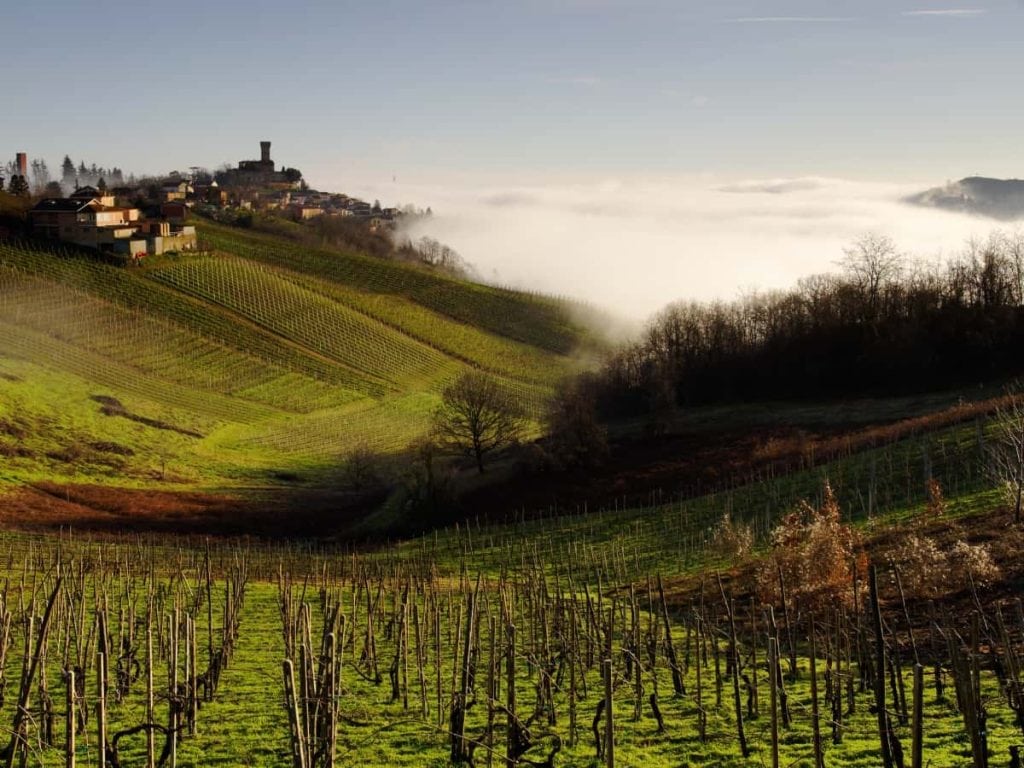
What is Oltrepò's specific challenge in the wine market?
We have a great opportunity with the Italian Metodo Classico. Many criticize Prosecco and Lugana, but anyone who can create a wine that achieves this kind of success should be admired. In the Metodo Classico segment, Franciacorta and TrentoDoc can no longer increase their volumes. How can Italy grow and challenge international competitors? Only through the growth of Oltrepò.
What’s needed to increase the denomination's competitiveness?
First and foremost, a shared pressing centre. We have four thousand producers who can’t achieve critical mass because of the dispersion of invested capital. On the other hand, successful wine systems are able to function as a unified whole. Let’s create a centralised operational hub.
It sounds like a strategy tailored to the cooperative. Are you positioning yourself to take on this role?
Yes, Terre d'Oltrepò is positioning itself to take on this role. The cooperative will become a holding company inspired by the mutualistic model, like Granarolo: services to benefit producers and management expertise. After all, with three thousand hectares of Pinot Nero, we can’t limit ourselves to producing 600,000 bottles. I hope everyone can produce hundreds of thousands of bottles: each will make them with their own chosen liqueur, but relying on this service centre. We want to make La Versa the symbol of Oltrepò.
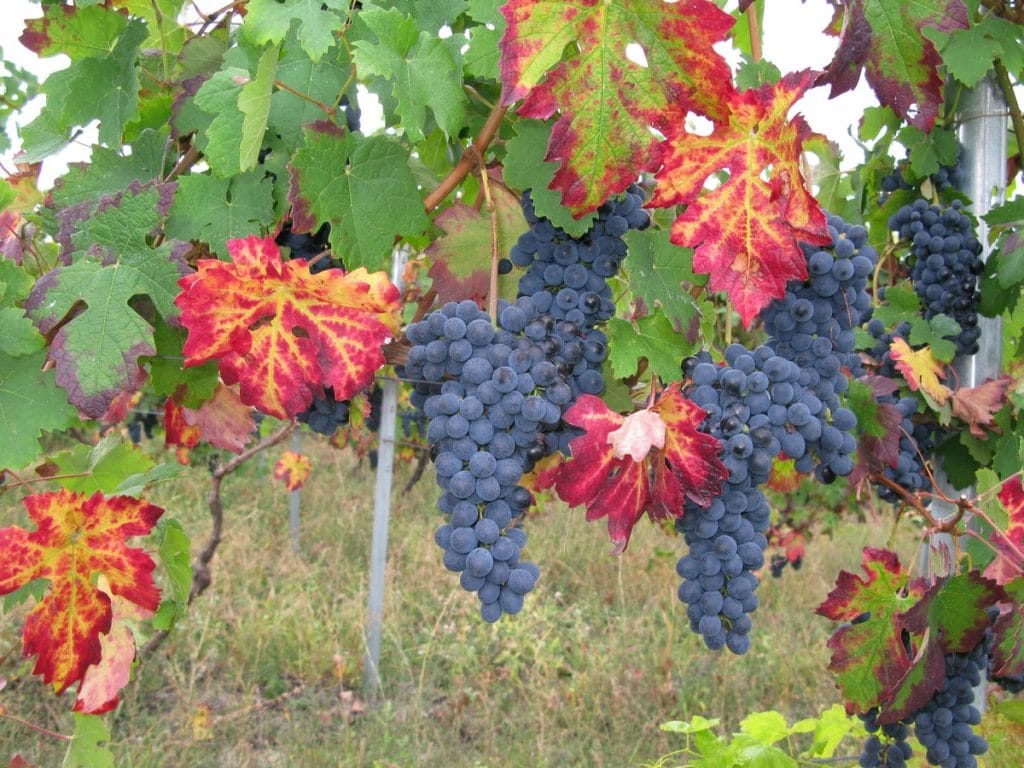
In this scenario, there’s no more room for the bottlers...
The bottlers’ model is not aligned with the supply chain, but only works with high volumes. If our model succeeds, bottlers will have fewer volumes to bottle. Unless they become part of the supply chain.
So, they should have bought land to avoid being “disintermediated”?
I can’t comment on their decisions, I just know that their model focuses solely on the last mile, and they bottle products from other areas too. On the contrary, the best solution for our territory is an integrated supply chain. In this sense, Cavit and Santa Margherita are interesting models.
Someone has said that Oltrepò must choose between producing “jewellery” wines or “costume jewellery” wines. What’s your response?
In the 1980s, Oltrepò wines were considered jewellery. Over the years, the model shifted: very high volumes with tens of millions of bottles at lower value. Now we want to change, focusing on the supply chain. Of course, volume will still be important: Oltrepò should produce 20 million bottles, but we should also sell them at Franciacorta prices. Maybe the truth lies somewhere in the middle, but if we aim to sell a bottle of sparkling wine for 25-27 euros, we’re heading towards “jewellery.”
So far, you’ve spoken about strategy and price, but the change also involves other areas: branding, tourism, markets...
Certainly. All these aspects are tied to the operational model, which can generate a virtuous cycle for both the brand and tourism. In the past, success was pursued by any means, but ethics should never be compromised. The short-sightedness of recent years has prevented us from recognizing change. But change is the only constant.
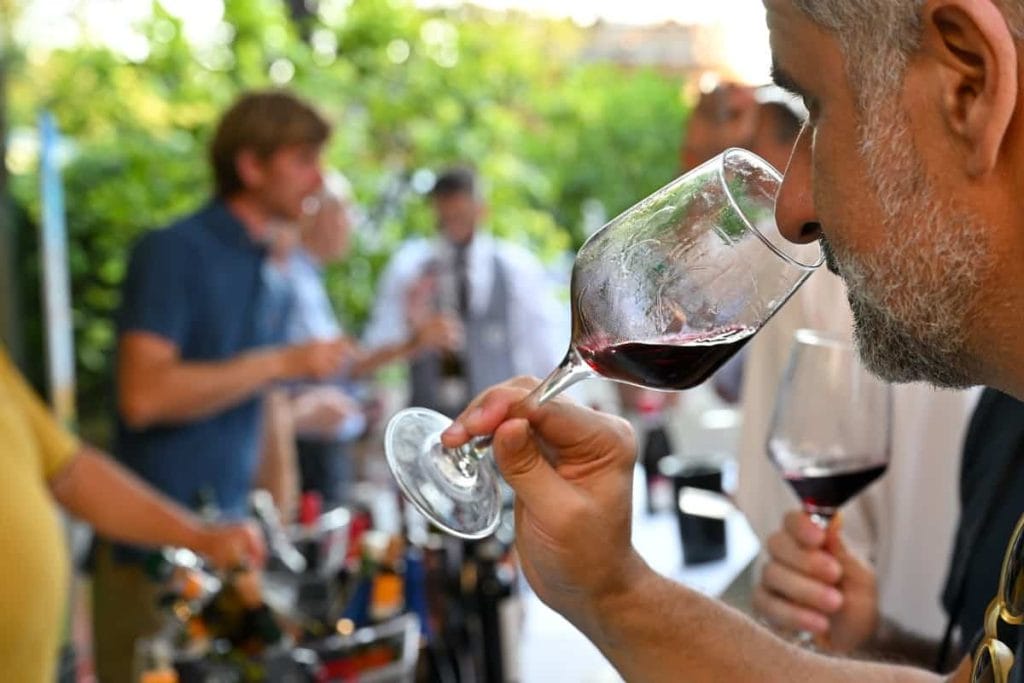
Speaking with Gambero Rosso, Quirico Decordi said that Oltrepò will never change and that you won’t succeed in your goal.
Maybe they’re casting a spell. But if there’s no change, the region won’t recover. After all, no region thrives on the bulk wine economy, neither in Italy nor abroad. These dynamics affect other industries too, like the automotive market. Faced with China’s challenge in the economy car sector, Marchionne focused Fiat on brands like the 500 and Jeep. The same applies to wine. But there’s no malice in what I say. Everyone has their own plan. We just know that the alternative has already been tried for the past thirty years, and it hasn’t worked.
Is there room to rebuild relationships with the bottlers?
I hope so, we have maximum respect and affection for them. We’ve defined a project: if they want to be part of it, we’ll behappy. It’s clear they’ll lose centrality, but we can’t take the easy way out: how can we succeed without the farmers? We need to do the right thing ethically and what’s necessary economically. A correct positioning is essential to create value.
Meanwhile, Terre d'Oltrepò has taken the leadership of the denomination...
It’s evident: we were the first to change. But now, all the companies that were outside the consortium—like Travaglino and Torrevilla—are back in. That’s normal: the main players in the supply chain are supporting the supply chain."

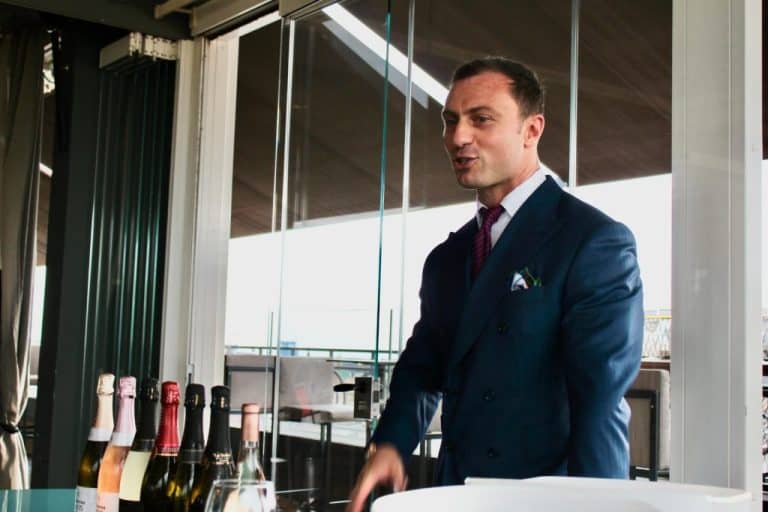
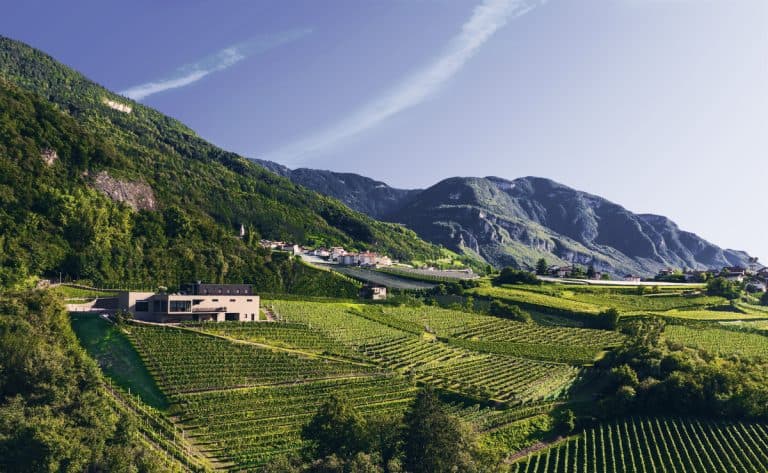 The winery that harnessed climate change to elevate Pinot Noir: Pfitscher wins its first Tre Bicchieri
The winery that harnessed climate change to elevate Pinot Noir: Pfitscher wins its first Tre Bicchieri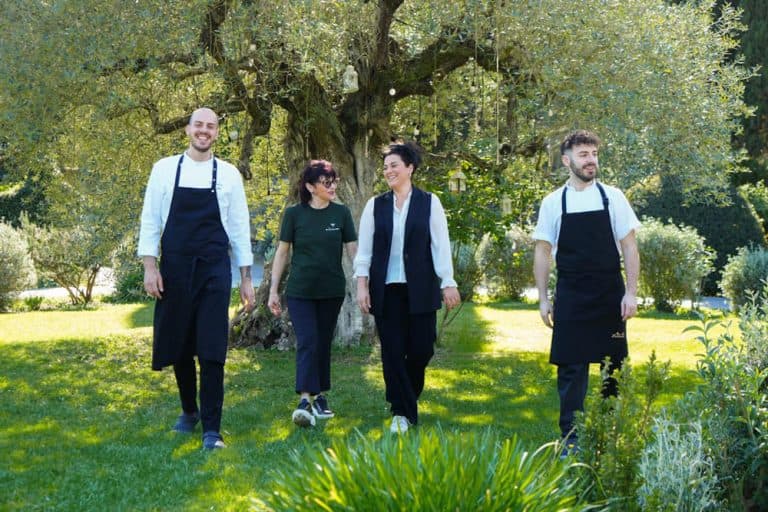 An oasis of relaxation (and fine cuisine) hidden in the Tiber Valley countryside
An oasis of relaxation (and fine cuisine) hidden in the Tiber Valley countryside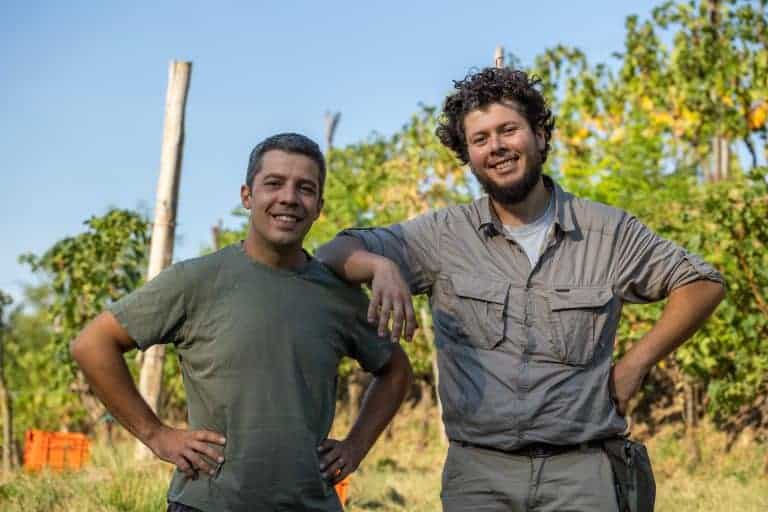 "Here’s how we produce our 'Natural' wines without flaws": the story of the Paraschos Winery
"Here’s how we produce our 'Natural' wines without flaws": the story of the Paraschos Winery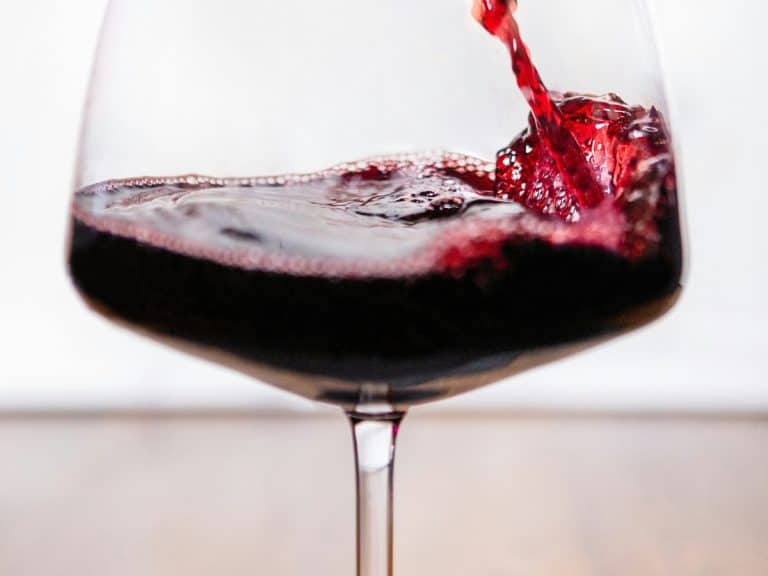 Few bottles, great character: rare wines make their debut in the Gambero Rosso Italian Wine Guide
Few bottles, great character: rare wines make their debut in the Gambero Rosso Italian Wine Guide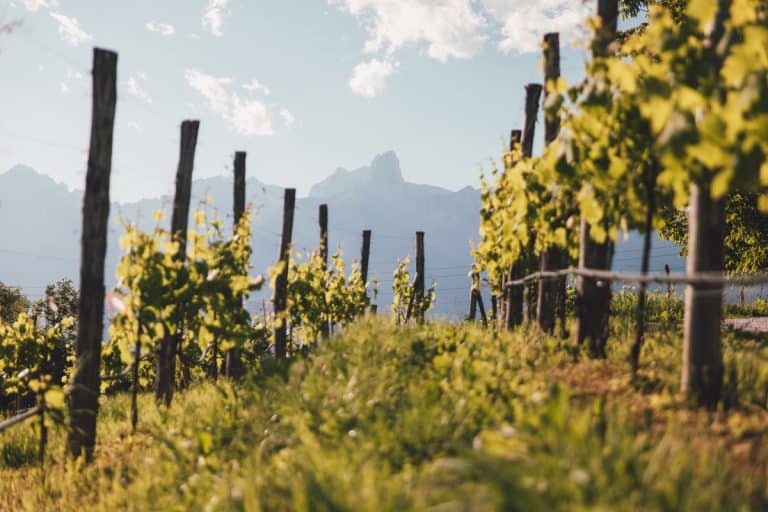 Above 1,000 meters: wine moves to higher altitudes to face climate change
Above 1,000 meters: wine moves to higher altitudes to face climate change